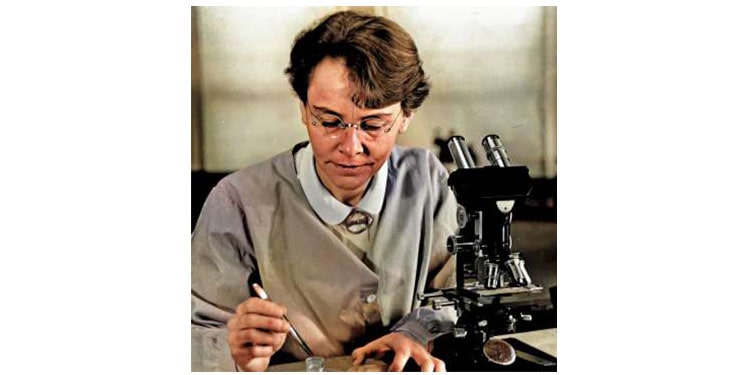Barbara McClintock (June 16, 1902 – September 2, 1992) was an American scientist whose groundbreaking research transformed modern genetics. Known for her discovery of “jumping genes”—mobile genetic elements that move within the genome—she revolutionized the understanding of how DNA functions and evolves.
Born in Hartford, Connecticut, McClintock studied at Cornell University, where she specialized in cytogenetics, the study of chromosomes. In the 1940s and 1950s, she conducted pioneering experiments with maize (corn), uncovering that genes are not fixed in place but can shift positions, influencing how traits are expressed. Her findings initially met skepticism but later reshaped the field of molecular biology.
In 1983, Barbara McClintock received the Nobel Prize in Physiology or Medicine, becoming the first woman to win the award unshared in that category. Her career exemplifies perseverance, intellectual courage, and scientific brilliance.
Today, Barbara McClintock is celebrated as one of the most influential geneticists of the 20th century—a woman whose curiosity and persistence unlocked new dimensions of heredity.

























